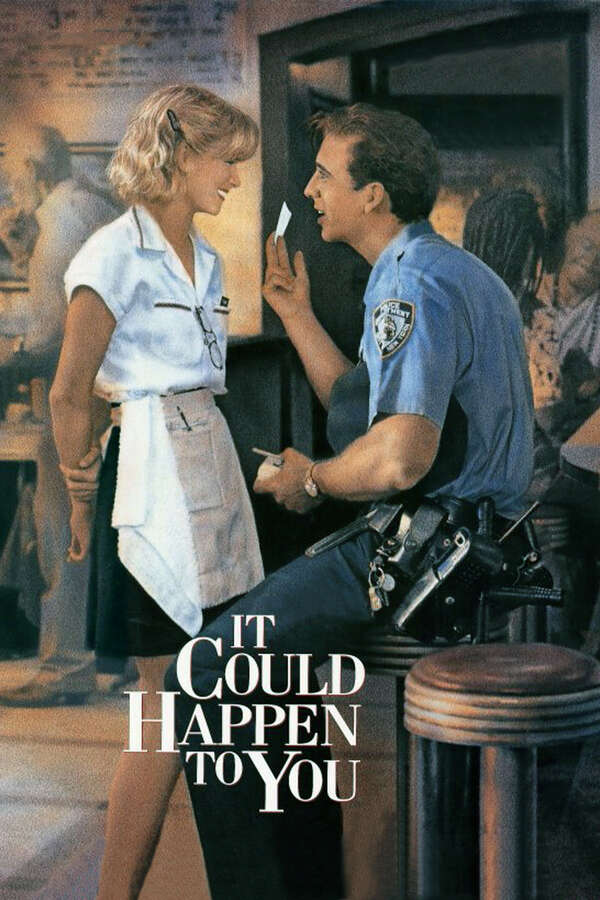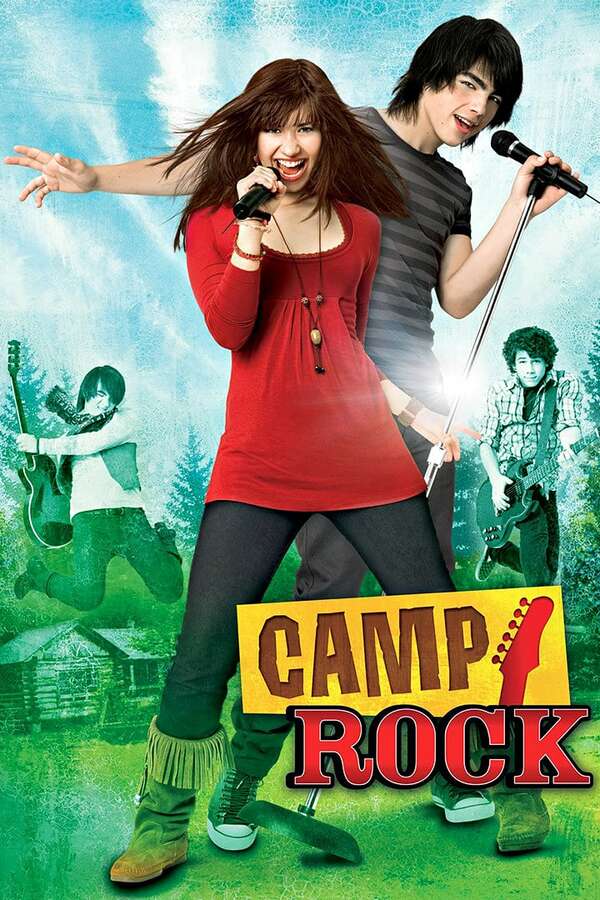🍿 About Time, 2013 - ★★★★

Sappy, sentimental movie for sappy, sentimental people. I consider myself lucky to fall into that category.
🍿 It Could Happen to You, 1994 - ★★★

Silly and fluffy but cute. Bummer that it turns into a courtroom drama for a while at the end.
🍿 Camp Rock 2: The Final Jam, 2010 - ★★★½

Better than the first, if only for the 👏💃🌲“CAMP ROCK”🕺🌲👏 scene.
🍿 Camp Rock, 2008 - ★★★

2008… what a strange era in history…
Speed Governor
Yesterday, Scott Wiener announced a bill that would see speed governors installed in all vehicles sold in California starting in 2027. I think this is fantastic. And not just the term “speed governor” which evokes the image of Arnold Schwarzenegger in the Mach 5.

I am so sorry.
Anyways I think it’s ridiculous that we just sell cars that can go 100+ mph and think humans can resist the temptation. But some of the biggest benefits might come at lower speeds.
If you get hit by a car traveling about 25 mph, there’s about a 10% chance of you dying, and a 25% chance of you getting severely injured. That’s the standard speed limit for most neighborhoods (but frankly depending on the neighborhood that can feel too fast).
Say someone’s late for work and trying to shave off a minute of their drive, and they hit you at a speed of about 40 mph. Your chances of death just jumped to 50% and your chance of severe injury is 75%. Basically it’s a small miracle if you’re at all ok after that. 35 mph is a standard for busier city streets and arteries, and I’d wager most people go at least 40 in a 35 zone.
I greatly dislike the culture around speeding. Especially people bragging about how much time they shaved off their 30 minute commute. The fact is speeding often doesn’t get you places noticeably quicker – the risk:reward ratio is terrible. Maybe you save 5 minutes: what are you going to do with all that time on your hands?
That being said, it’s not uncommon for me to realize I’m speeding because I got distracted by something and wasn’t paying close attention. I think it’s a shame we built our country’s transportation infrastructure around a system where people die if a human gets too distracted, and then built our economy around things that distract humans.
Regardless of the reason for speeding, we don’t need it. If we can save lives by limiting the speed of cars, then we needed it to happen yesterday.
Finished reading The Honjin Murders by Seishi Yokomizo 📚
Fun, lightweight read - finished it in two sittings. A nice way to start my goal of reading a book each month. It was a bit difficult at times to wrap my head around the terminology, especially because the murders are intrinsically connected to traditional Edo-era building design. But the translation is explanatory in a way that feels fairly natural. I’m not entirely certain of the history of the book but it feels like it must have been a serial release because nearly every chapter ends on a cliffhanger. In any case, I’m looking forward to reading more like this!
Kale vs. Donuts
In this episode of the Techdirt podcast there’s a particularly great metaphor Ravi Iyer uses to describe bad algorithms that reinforce content you don’t want to see more of, and yet draws you in:
I will eat donuts, and so I kind of “want” donuts, by one definition of “want.” I will eat them if you put them in front of me. But I don’t aspire to eat more donuts. I want to eat healthier food, right?
When my wife was pregnant a couple years ago, Instagram started serving her more and more posts from people who had traumatic birthing stories, or who had lost babies, either during childbirth or soon after. When something like that comes up, you can’t exactly look away. Especially for her (and for me) being a hardcore empath. I don’t think it’s a bad thing that people post about their real stories, in fact I encourage it. But for Instagram to identify that she was more “engaged” with these posts and then to say “I bet she wants more!” is pretty messed up. It’s a negative spiral that might have driven her to spend more time on the platform (thus increasing her value as a user, from Instagram’s view) but produced a very negative mental impact on her. That’s what people talk about when wanting to get away from the algorithm.